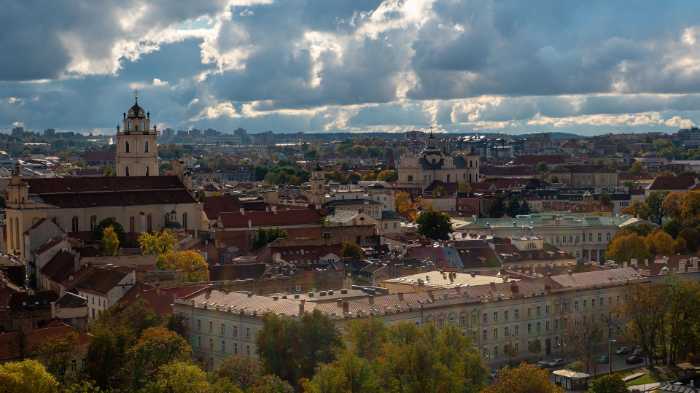
Vilnius
LithuaniaVilnius, the enchanting capital of Lithuania, often feels like a city plucked from the pages of a storybook, its baroque architecture and cobblestone streets whispering tales of a rich and complex past. It wasn't always the undisputed heart of the Grand Duchy of Lithuania; for a time, Kaunas held significant importance, particularly during periods of conflict, a detail highlighting the shifting centers of power within this historically influential region. Yet, Vilnius's strategic location at the confluence of rivers and its burgeoning cultural and intellectual life ultimately cemented its role as the nation's enduring capital. Consider this: Vilnius boasts one of the largest and most well-preserved Old Towns in Eastern Europe, a UNESCO World Heritage site that seems to effortlessly blend architectural styles from Gothic to Baroque. Wandering its winding alleys and discovering hidden courtyards feels like stepping back in time, each corner revealing a new layer of history. Imagine strolling beneath the watchful gaze of centuries-old churches and the remnants of defensive walls. Intriguingly, Vilnius has a unique and somewhat whimsical tradition associated with its Užupis district. Declaring itself an independent republic on April Fools' Day in 1997, Užupis has its own constitution (translated into numerous languages and displayed on plaques), president, and even an army (of around twelve people). Crossing one of its bridges, marked with a sign proclaiming "Republic of Užupis," feels like entering a bohemian enclave where artistic freedom and a playful spirit reign supreme. Another fascinating aspect of Vilnius lies in its historical connection to a surprisingly fragrant profession: glove-making. In the 16th and 17th centuries, Vilnius was renowned for its high-quality leather gloves, a craft that brought considerable wealth and prestige to the city. While this industry has largely faded, its legacy can still be found in some street names and historical records, a subtle reminder of a less-known aspect of Vilnius's economic past. Beyond its architectural charm and artistic enclaves, Vilnius holds a significant place in literary history. It was home to the Vilnius Gaon, a renowned 18th-century Jewish scholar who became one of the most influential figures in Rabbinic Judaism. His intellectual legacy continues to draw scholars and visitors to Vilnius, highlighting the city's historical importance as a center of learning and religious thought, often referred to as the "Jerusalem of Lithuania." Furthermore, Vilnius University, founded in 1579, is one of the oldest and most distinguished universities in Eastern Europe. Its historic campus, with its numerous courtyards and architectural gems, has been a center of intellectual and cultural life for centuries, shaping the minds of countless influential figures in Lithuanian history and beyond. Finally, for those with a taste for the mystical, Vilnius is said to be located on a powerful energetic point, with various ley lines intersecting beneath the city. While not scientifically proven, this belief adds a certain mystique to the atmosphere of Vilnius, contributing to its often-described enchanting and spiritual feel. To explore Vilnius is to encounter a city where medieval grandeur meets bohemian independence, where the scent of ancient crafts lingers in historical records, and where a long tradition of learning and a touch of the mystical create a uniquely captivating and memorable experience.
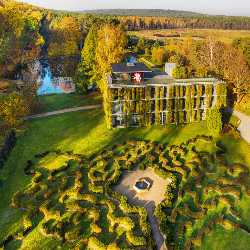 Vilnius Botanical Garden
Botanical Garden
Vilnius Botanical Garden
Botanical Garden
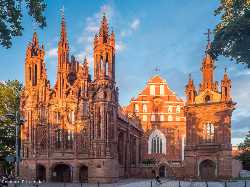 Church of St. Anne
Church
Church of St. Anne
Church
 InTheCloset
Gallery
InTheCloset
Gallery
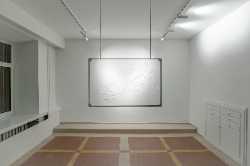 DRIFTS Gallery
Gallery
DRIFTS Gallery
Gallery
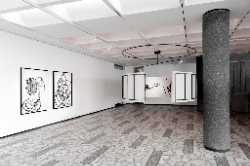 DSG Gallery
Gallery
DSG Gallery
Gallery
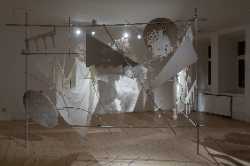 Editorial
Gallery
Editorial
Gallery
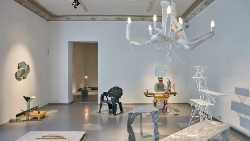 Galerija Vartai
Gallery
Galerija Vartai
Gallery
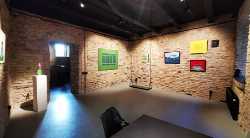 GODÒ Gallery
Gallery
GODÒ Gallery
Gallery
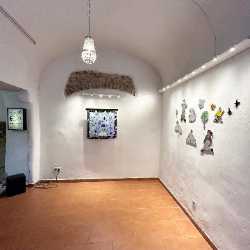 HUNGRY EYES
Gallery
HUNGRY EYES
Gallery
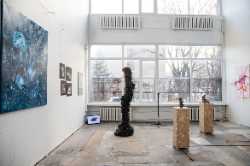 Kompresorine - Ideas Block LT
Gallery
Kompresorine - Ideas Block LT
Gallery
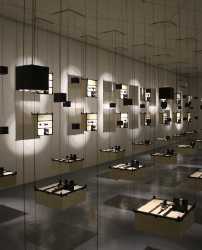 TSEKH Gallery
Gallery
TSEKH Gallery
Gallery
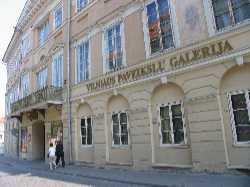 Vilnius Picture Gallery
Gallery
Vilnius Picture Gallery
Gallery
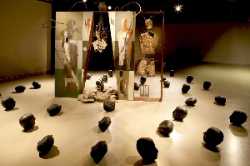 Jonas Mekas Visual Arts Center
Gallery
Jonas Mekas Visual Arts Center
Gallery
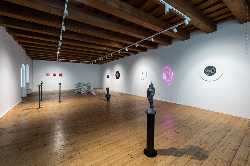 Gallery ARKA
Gallery
Gallery ARKA
Gallery
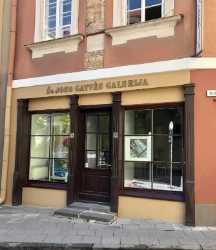 St. John's Street Gallery
Gallery
St. John's Street Gallery
Gallery
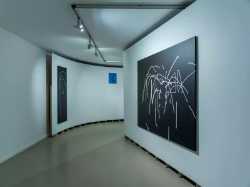 Meno Niša Galerija
Gallery
Meno Niša Galerija
Gallery
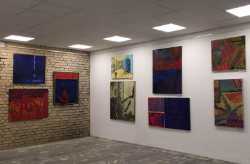 Galerija Aidas
Gallery
Galerija Aidas
Gallery
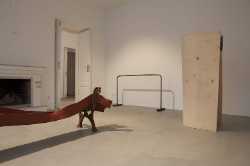 (AV17)GALLERY
Gallery
(AV17)GALLERY
Gallery
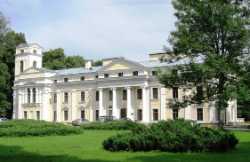 Verkiai Palace
Historical landmark
Verkiai Palace
Historical landmark
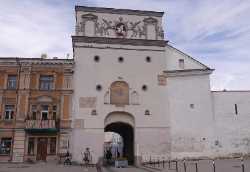 Gates of Dawn
Historical landmark
Gates of Dawn
Historical landmark
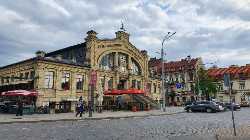 Hales Market
Market
Hales Market
Market
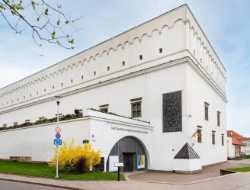 Museum of Applied Arts and Design
Museum
Museum of Applied Arts and Design
Museum
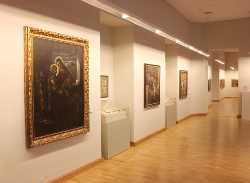 Vytautas Kasiulis Art Museum
Museum
Vytautas Kasiulis Art Museum
Museum
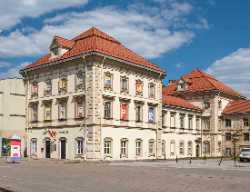 Radvila Palace Museum of Art
Museum
Radvila Palace Museum of Art
Museum
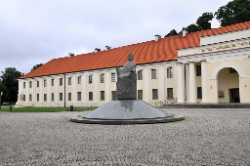 National Museum of Lithuania
Museum
National Museum of Lithuania
Museum
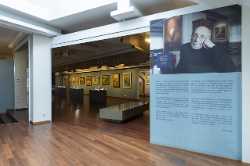 Samuel Bak Museum
Museum
Samuel Bak Museum
Museum
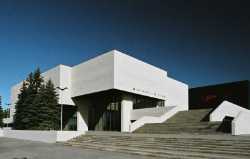 National Gallery of Art
Museum
National Gallery of Art
Museum
 Energy and Technology Museum
Museum
Energy and Technology Museum
Museum
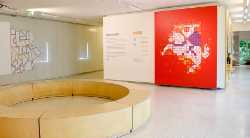 Centre for Civil Education
Museum
Centre for Civil Education
Museum
 Vilnius Auto Museum
Museum
Vilnius Auto Museum
Museum
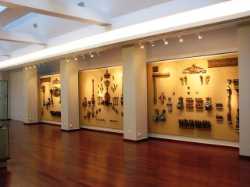 Vilna Gaon Jewish State Museum branch
Museum
Vilna Gaon Jewish State Museum branch
Museum
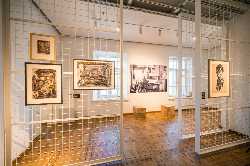 Museum of Culture and Identity of Lithuanian Jews
Museum
Museum of Culture and Identity of Lithuanian Jews
Museum
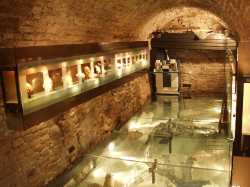 Art Center of Baltic Amber
Museum
Art Center of Baltic Amber
Museum
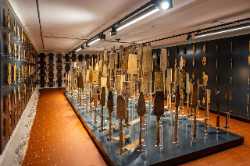 House of Histories
Museum
House of Histories
Museum
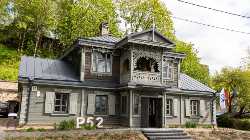 Wooden City Architecture Museum
Museum
Wooden City Architecture Museum
Museum
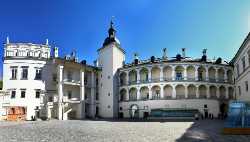 Palace of the Grand Dukes of Lithuania
Museum
Palace of the Grand Dukes of Lithuania
Museum
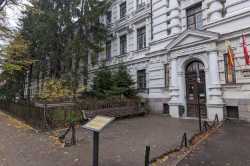 Museum of Occupations and Freedom Fights
Museum
Museum of Occupations and Freedom Fights
Museum
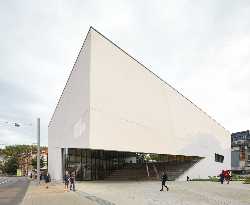 MO Museum
Museum
MO Museum
Museum
 Vilnil Museum of Illusions
Museum
Vilnil Museum of Illusions
Museum
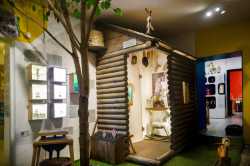 Toy Museum
Museum
Toy Museum
Museum
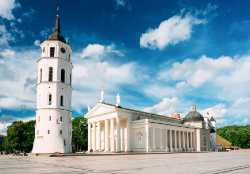 Vilnius Cathedral and Bell Tower
Museum
Vilnius Cathedral and Bell Tower
Museum
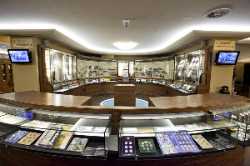 Money Museum of the Bank of Lithuania
Museum
Money Museum of the Bank of Lithuania
Museum
 Contemporary Art Centre
Museum
Contemporary Art Centre
Museum
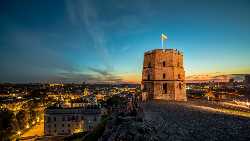 Gediminas Castle Tower
Museum
Gediminas Castle Tower
Museum
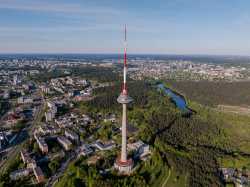 Vilnius TV Tower
Observation deck
Vilnius TV Tower
Observation deck
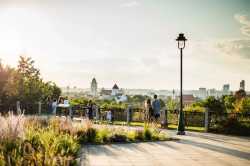 Subačiaus Viewpoint
Observation deck
Subačiaus Viewpoint
Observation deck
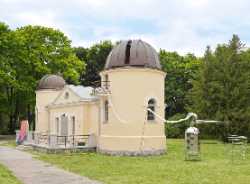 Vilnius University Observatory of Ideas
Observatory
Vilnius University Observatory of Ideas
Observatory
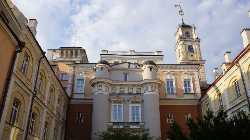 Vilnius University Observatory
Observatory
Vilnius University Observatory
Observatory
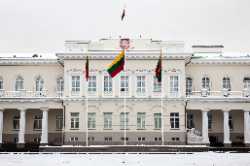 Presidential Palace
Palace
Presidential Palace
Palace
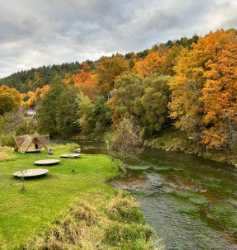 Pavilniai Regional Park
Park
Pavilniai Regional Park
Park
 Hill of Three Crosses
Park
Hill of Three Crosses
Park
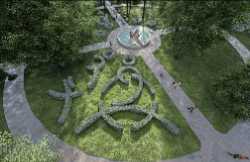 Sapiegos Park
Park
Sapiegos Park
Park
 Vingis Park
Park
Vingis Park
Park
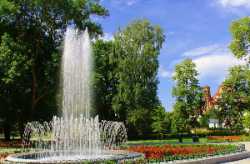 Bernardine Garden
Park
Bernardine Garden
Park
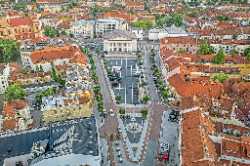 Rotušės aikštė
Square
Rotušės aikštė
Square
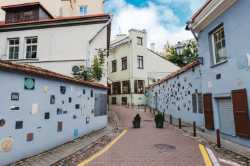 Literatų Street
Street
Literatų Street
Street
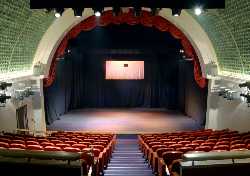 State Small Theatre of Vilnius
Theatre
State Small Theatre of Vilnius
Theatre
 Lithuanian National Drama Theatre
Theatre
Lithuanian National Drama Theatre
Theatre
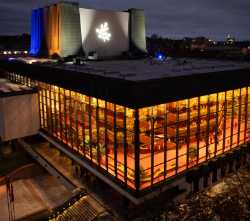 Lithuanian National Opera and Ballet Theatre
Theatre
Lithuanian National Opera and Ballet Theatre
Theatre
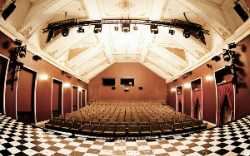 Vilnius Puppet Theatre
Theatre
Vilnius Puppet Theatre
Theatre
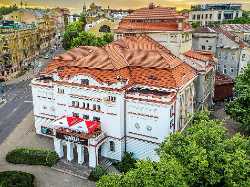 Old Theatre of Vilnius
Theatre
Old Theatre of Vilnius
Theatre
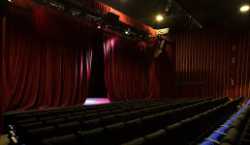 Domino Theatre
Theatre
Domino Theatre
Theatre
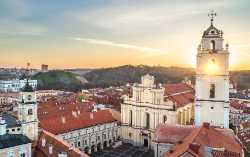 St. John's Church Bell Tower
Tourist attractions
St. John's Church Bell Tower
Tourist attractions
 TV Tower Vilnius
Tourist attractions
TV Tower Vilnius
Tourist attractions
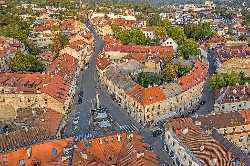 Uzupis Republic
Tourist attractions
Uzupis Republic
Tourist attractions